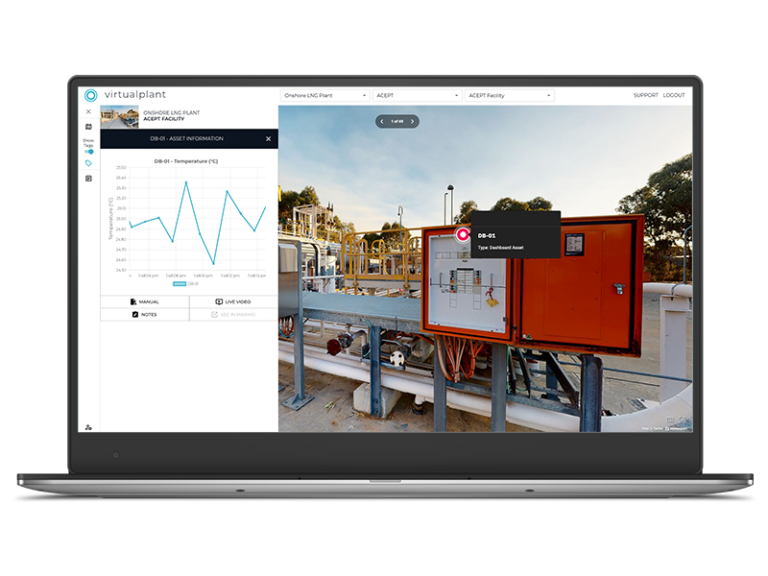FPSO (floating production, storage, and offloading) vessel a major innovation for the industry and have revolutionized deep-water drilling, enabling energy companies to produce oil in areas that were not previously viable with fixed structures due to environmental, political, or cost considerations, the launch of those vessels are celebrated with champagne and euphoria however the end of life of assets is usually a morose experience. Could digital technology support better end of life and enable the insights of ways to recycle, reuse, repurpose.
Despite being a major innovation for the industry (over 150 FPSOs are currently operating world-wide) there are over 30 that were originally constructed before 1977, which are still in operation that are reaching the end of their life cycle according to data compiled by Bloomberg*
Some of these vessels, like Trinity Spirit, typically start out as oil tankers, once they reach their end-of-life as transporters, they get converted to FPSOs so their lifecycle extends for many more years. This means in the next 4-5 years many vessels will come to an end of life, can technology play a pivotal role in making the end as exciting as the launch?
In a unique example of extreme recycling, an abandoned asset, currently located in the Celebes Sea, has been converted into a hotel to provide a comfortable accommodation option for sea divers.
These vessels are exposed to many extremes during their long service: huge storms, monster waves and big temperature swings. Whilst most are currently maintained within their operator license, the older they get the harder and more challenging it is to maintain the assets integrity.
“It is a challenge for FPSOs in the late stage of their lifetime, especially when there has not been sufficient maintenance and necessary upgrade, as corrosion develops and equipment condition gets worse, and system integrity is a headache” said Zhenying Wu, a senior analyst for Rystad Energy in a recent interview to Bloomberg*. “Considering the fact that many accidents are caused by aging equipment and degrading system integrity,” according to Rystad’s Wu. “Continuous monitoring, maintenance and repair are very important.”
Not only energy companies have to commit to a continuous monitoring and maintenance activities for operating vessels but also need to address those no longer in service which can pose environmental threat as they deteriorate quicker if left without maintenance or observation, and a question rise: who is ultimately responsible for the cost of decommissioning when the end of an asset’s life comes before another ‘Northern Endeavour’ chapter happens?
Digitalisation can give visibility and support decision making to the challenges of asset operations and decommissioning.
Digital technologies such as Digital Twins support transformation and innovation regardless of the type of industry, but in particular in the FPSO market which needs to adapt fast to replace obsolete processes and improve efficiency, maintenance and safety of their long-lasting vessels.
Digital Twins technologies are virtual models of physical objects that can be used to monitor, predict, and optimize their performance remotely or on board. By creating digital twins of FPSOs, companies can simulate different scenarios, identify potential problems before they occur and, by using predictive maintenance, guarantee a proactive attitude towards life extension of vessels as well as preventing costly downtime, improve efficiency, and identify potential safety issues.
Anthony Roe, Chief Digital Officer at RemSense explains “The pressure to execute effective decommissioning strategies for the natural resource sector is bearing down on Asset owners and operators globally. The visualization of the assets and their associated data is one critical part of a complex ecosystem and supply chain. This enables accurate condition assessments to drive activities safely and cost effectively. We are proud to be able to support progress in the digitization of physical assets to ensure effective execution of the asset lifecycle maintenance programs.”
Data sources
*https://www.bloomberg.com/news/articles/2022-02-21/deadly-nigerian-oil-blast-ship-has-peers-all-over-the-world?leadSource=uverify%20wall
